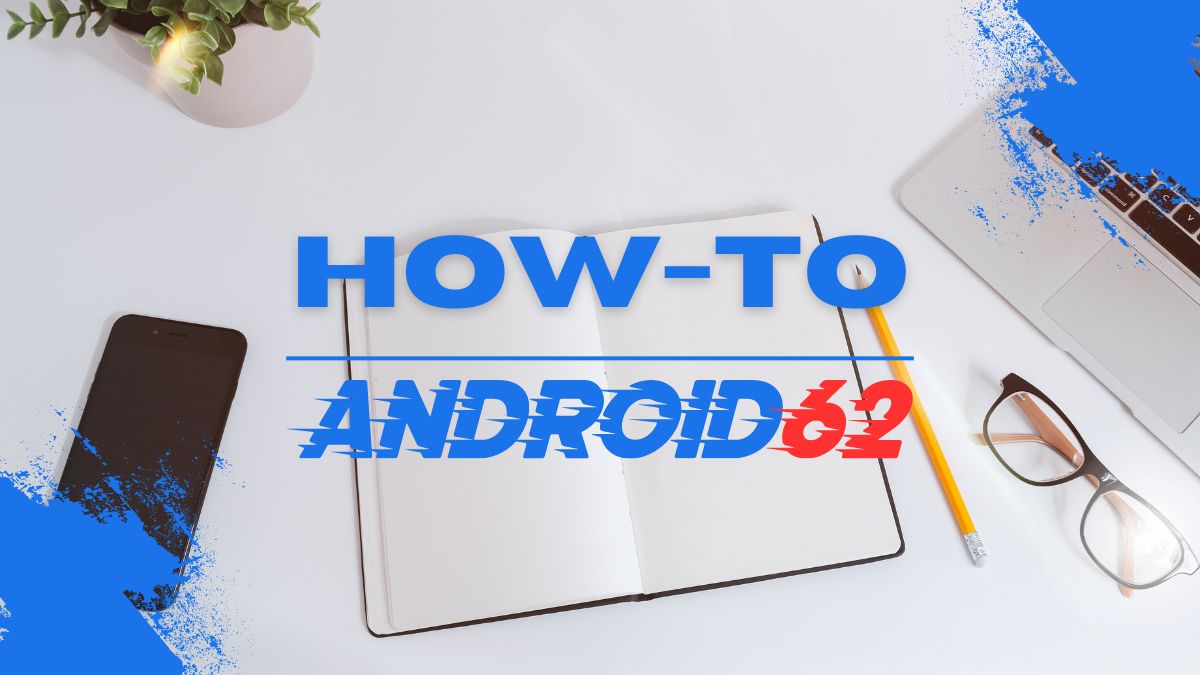
Learning how to express time in Spanish is crucial for effective communication. One common word that you will frequently use to denote time in Spanish is “when”. In this article, we will explore various ways to say “when” in Spanish, along with helpful phrases and examples to improve your language skills.
1. Cuando
Cuando is the most straightforward translation for “when” in Spanish. It is a versatile word that can be used in various contexts to indicate time or events. Here are some examples:
- Cuando llegues a casa, avísame. (When you arrive home, let me know.)
- No sé cuándo regresaré. (I don’t know when I will return.)
2. En qué momento
Another way to express “when” in Spanish is by using the phrase en qué momento. This phrase is more formal and is often used in a specific or precise context. Here are some examples:
- ¿En qué momento nos vemos? (When do we meet?)
- No recuerdo en qué momento me di cuenta. (I don’t remember when I realized.)
3. A qué hora
When referring to specific times in Spanish, you can use the phrase a qué hora, which translates to “at what time”. This is commonly used when asking for the exact time of an event or activity. Here are some examples:
- ¿A qué hora es la reunión? (What time is the meeting?)
- Vamos al cine a las ocho. ¿A qué hora quieres encontrarte? (We are going to the movies at eight. What time do you want to meet?)
4. Describing Periods of Time
When talking about periods of time in Spanish, you can use different expressions to indicate “when”. Here are a few commonly used phrases:
- Por la mañana – in the morning
- Por la tarde – in the afternoon/evening
- Por la noche – at night
- El fin de semana – the weekend
By incorporating these expressions into your conversations, you can provide more specific details about the timing of events or activities.
5. Using Prepositions with “When”
In Spanish, prepositions are often used in combination with the word “when” to provide more context or clarity. Here are some common prepositions used with “when”:
- Antes de – before
- Después de – after
- Durante – during
These prepositions can help you specify the relationship between different events or actions in Spanish sentences.
6. Practice Makes Perfect
As with any language, practice is essential for mastering the usage of “when” in Spanish. Here are some tips to improve your language skills:
- Practice with a language partner: Engage in conversations with native speakers to apply what you’ve learned.
- Use language learning apps: Apps like Duolingo or Babbel can provide interactive exercises to reinforce your knowledge of Spanish vocabulary and grammar.
- Watch Spanish films or TV shows: Immersing yourself in Spanish media can help you familiarize yourself with the language’s rhythms and nuances.
- Keep a language journal: Write down phrases or sentences using “when” in different contexts to enhance your understanding and memory.
7. Conclusion
Mastering the various ways to say “when” in Spanish is crucial for effective communication and comprehension. By incorporating different phrases and expressions into your conversations, you can improve your language skills and interact more fluently with native speakers. Remember to practice consistently and immerse yourself in the language to enhance your proficiency over time.



